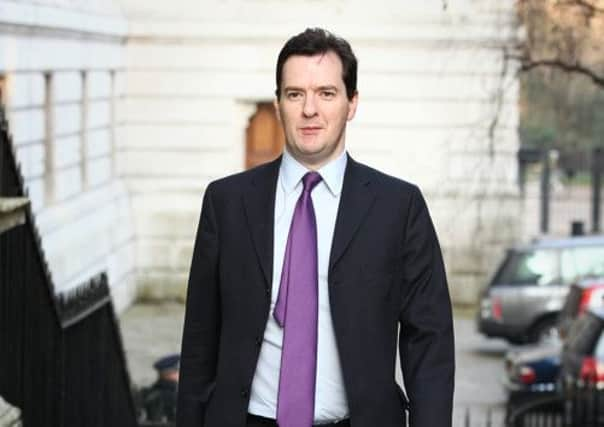Davide Tentori: Main focus on economic growth


The United Kingdom, which is chairing the summit, has set a clear and straightforward agenda with an over-arching target – restoring economic growth.
This rests on three main goals: increasing trade, fairer taxes and greater transparency.
Advertisement
Hide AdAdvertisement
Hide AdWhat has been defined by some as a low-profile set of objectives lacking ambition and “visionary” spirit, is actually quite pragmatic, but it will not be easy to achieve.
Firstly, the long-awaited announcement of the kick-off to the negotiations between the European Union and the United States towards a free trade deal now looks as though it may be downsized following the refusal by France to include its film industry in the issues to be discussed.
Moreover, despite the economic potential, negotiation of the deal will take time and its very broad agenda does not offer any guarantee of success at this stage.
Ambitions to curb tax evasion have also been dealt a blow after Bermuda’s premier, Craig Cannonier, said the country would not commit to the multilateral convention on mutual tax assistance.
Chancellor George Osborne stressed at the G7 Finance Ministers meeting on May 10, “the need to ensure that international tax rules are fit for the modern global economy”.
Finally, the third point on transparency is a priority in the strategy to help developing countries grow. It forms part of an innovative approach that links trade openness to fairness of rules.
Lack of transparency and corrupt practices about the ownership of land and extractive companies, as well as about the deficit in the access to open data provided by governments to the public domain, represent the biggest challenges in this field.
• Davide Tentori is a researcher with the International Economics programme at Chatham House